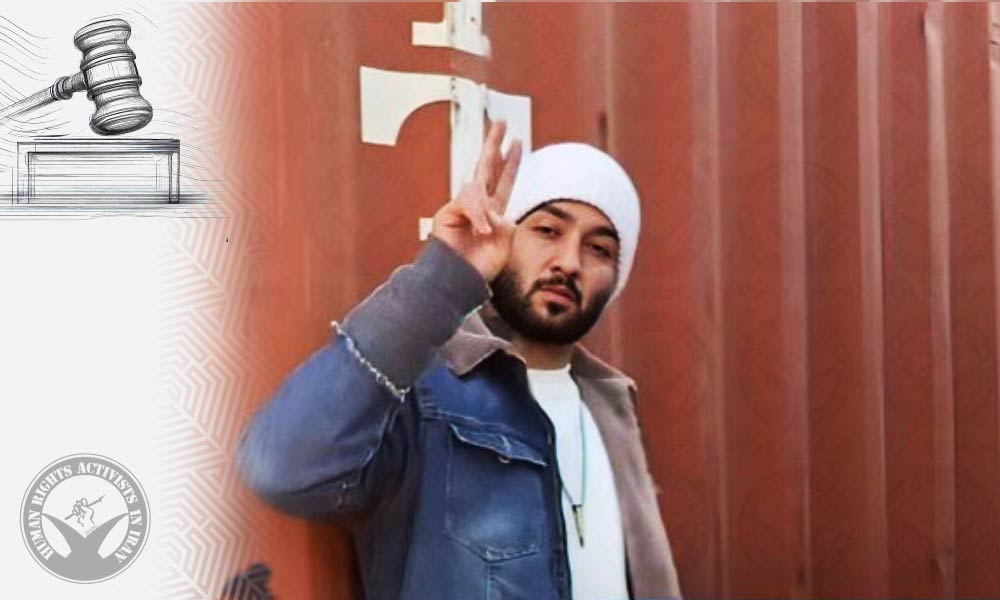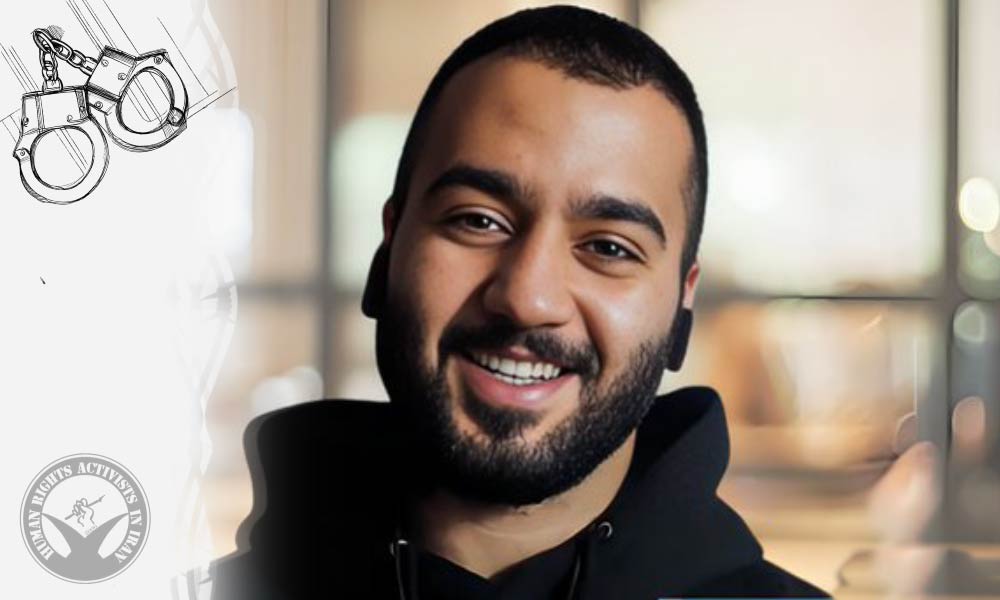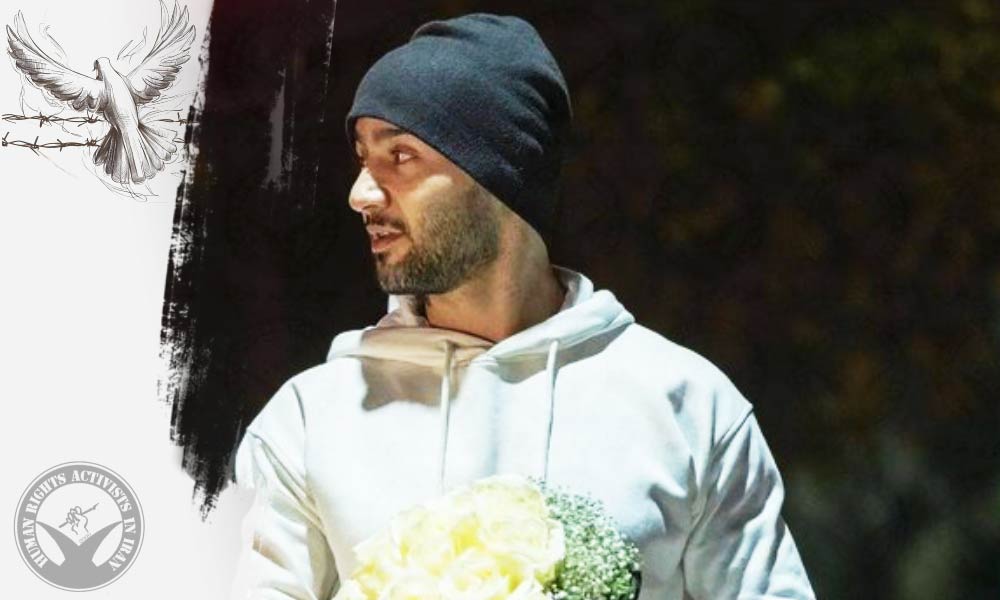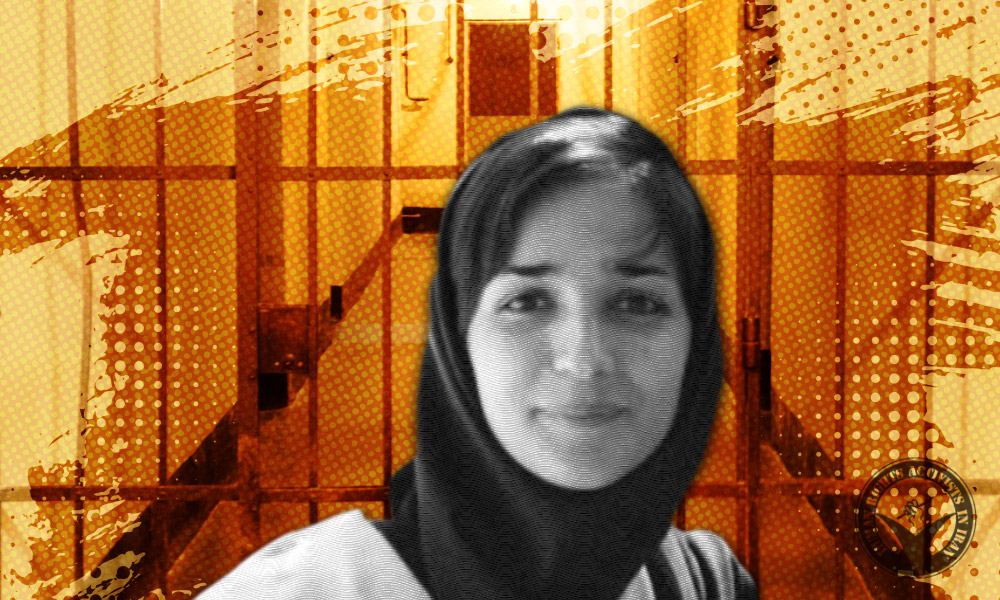On January 21, 2024, the Public and Revolutionary Courthouse of Isfahan indicted singer Toomaj Salehi on multiple charges, including Baghi, an accusation of armed rebellion that carries the potential for severe punishment, including execution.
Amir Raisian, Salehi’s lawyer, stated, “During the inquiry session, Salehi faced not only the charge for which he had already been acquitted, but he was also notified of two new charges not cited in the indictment, namely, assisting in Baghi (group armed rebellion against the regime) and assembly and collusion against national security. Firstly, the charge of assisting in Baghi appears inconsistent with the fact that there is no co-defendant whom Salehi is accused of assisting, let alone a group. Secondly, no weapons were discovered on Salehi, not even a knife, let alone a firearm.”
Earlier, Amir Raisian, Salehi’s lawyer, expressed concerns about the due process, labeling it as “unusual,” “illegal,” and “peculiar.” He stated, “Regarding the arrest case in October 2022, the Supreme Court has already overturned five charges, leaving only three remaining charges to be addressed. Consequently, the case was returned to the Revolutionary Court. The Court had also emphasized that the defendant could be included in a general pardon. However, after three months, the Revolutionary Court has introduced two new charges, bringing the total number of charges to ten.”
Salehi has also recently received a one-year sentence and additional punishment in another legal case.
Salehi was re-arrested in Babol on November 30, twelve days after his release on bail from Dastgerd Prison in Isfahan. The Judiciary spokesperson cited Salehi’s statement after his release as the grounds for this subsequent arrest.
In late October 2022, Salehi was initially detained by security forces during nationwide protests. Subsequently, the Isfahan Revolutionary Court sentenced him to six years and three months in prison along with additional penalties. However, he was released on bail after the Supreme Court overturned the verdict.
It is worth noting that the protest singer already has a prior conviction in a separate legal case. On January 12, 2022, he was sentenced to a six-month prison term and fined, with the imprisonment suspended for one year.











